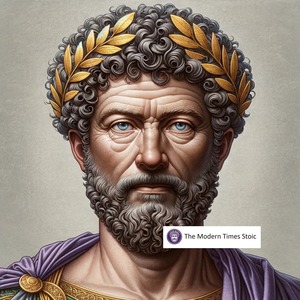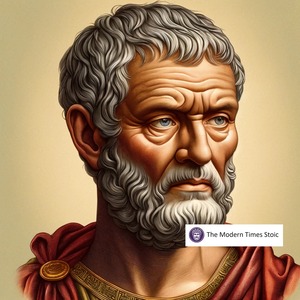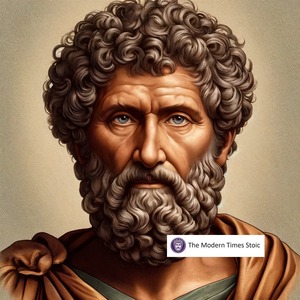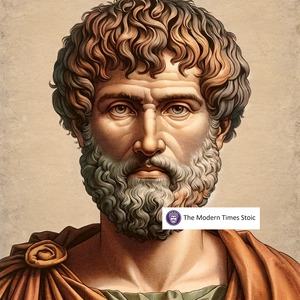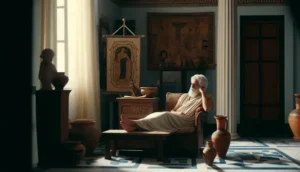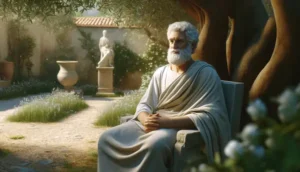In Letter 70, titled “On the Proper Time to Slip the Cable,” Seneca reflects on the nature of life, death, and the appropriate time to commit suicide. In my opinion, this is probably the most controversial letter he wrote. It should be noted that this is not a Stoic view but only that of Seneca – his take on how to take back your freedom . There was never this kind of tone from the other Stoics as the rest only advocates accepting one’s fate willingly including when death is bestowed (i.e. natural causes).
He begins by sharing his visit to Pompeii, which stirs memories of his youth and leads him to contemplate the passage of time and the approach of death. Seneca uses a maritime metaphor to illustrate life’s journey: “We have sailed past life, Lucilius, as if we were on a voyage, and just as when at sea…even so, on this journey where time flies with the greatest speed, we put below the horizon first our boyhood and then our youth, and then the space which lies between young manhood and middle age and borders on both, and next, the best years of old age itself.”
He emphasizes that death is not a dangerous reef but a harbor where we are destined to arrive: “Fools that we are, we believe this bourne to be a dangerous reef; but it is the harbour, where we must some day put in, which we may never refuse to enter.” Seneca argues that the length of one’s life is less important than its quality: “Life has carried some men with the greatest rapidity to the harbour…while others it has fretted and harassed. To such a life, as you are aware, one should not always cling. For mere living is not a good, but living well.”
"For mere living is not a good, but living well."
Seneca Tweet This Quote
He advocates for living as long as one ought, rather than as long as one can: “The wise man will live as long as he ought, not as long as he can.” Seneca encourages reflection on the quality of life and the readiness to end it when it becomes burdensome. “He always reflects concerning the quality, and not the quantity, of his life. As soon as there are many events in his life that give him trouble and disturb his peace of mind, he sets himself free.”
"The wise man will live as long as he ought, not as long as he can."
Seneca Tweet This Quote
He criticizes those who cling to life at any cost, even when facing imminent death or torture: “It is folly to die through fear of dying. The executioner is upon you; wait for him. Why anticipate him? Why assume the management of a cruel task that belongs to another?”
Seneca praises Socrates for accepting his fate with dignity rather than seeking to escape it prematurely: “Socrates might have ended his life by fasting; he might have died by starvation rather than by poison. But instead of this he spent thirty days in prison awaiting death…in order that he might show himself submissive to the laws and make the last moments of Socrates an edification to his friends.”
"It is folly to die through fear of dying."
Seneca Tweet This Quote
Seneca argues that the manner of one’s death is a personal choice, and it should be accepted without fear or shame: “Every man ought to make his life acceptable to others besides himself, but his death to himself alone. The best form of death is the one we like.”He concludes with examples of courage and resolve from humble individuals, demonstrating that even the lowliest can face death with dignity.
Seneca’s letter emphasizes that the timing and manner of one’s death should be a deliberate and personal choice, driven by a desire for dignity and freedom from suffering. He encourages embracing death as a natural part of life and not allowing fear or societal judgment to dictate one’s end.
"The best form of death is the one we like."
Seneca Tweet This Quote
***** Letters from a Stoic Key Takeaways is a collection of short key takeaways from the letters sent by Seneca to Lucilius. Read each letter’s key takeways here .
